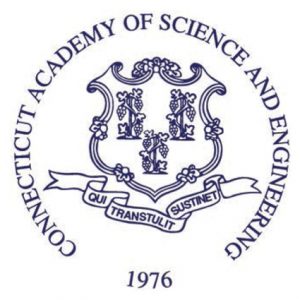E-Screening pilot project study
Last week, MTAC President Joe Sculley participated in a Connecticut Academy of Science and Engineering (CASE) Study Committee meeting on a virtual electronic screening (e-screening) and weigh-in-motion pilot project. The Study Committee is undertaking a year-long study that will identify the technological resources, solutions, and costs for a pilot installation of license plate reader (LPR),…

Last week, MTAC President Joe Sculley participated in a Connecticut Academy of Science and Engineering (CASE) Study Committee meeting on a virtual electronic screening (e-screening) and weigh-in-motion pilot project. The Study Committee is undertaking a year-long study that will identify the technological resources, solutions, and costs for a pilot installation of license plate reader (LPR), USDOT number reader technology and high speed weigh in motion (WIM) technology; tools which will be used jointly by law enforcement to screen for those motor carriers that “pose a particular risk to the traveling public.”
Through this project, CTDOT and CTDMV state that their goal is to utilize state enforcement resources in the most efficient manner possible. Study Committee documents state:
“The majority of motor carriers operate safely and legally, and the Agencies wish to reward those carriers with efficient travel times, while focusing enforcement resources only on those carriers that are not operating safely and/or legally. Additionally, a goal of the project is to select technologies that are matched with enforcement strategies and that provide for flexibility that takes into consideration factors such as new technologies, changing strategies of enforcement and changes in traffic volumes over time. The performance of the functions needs to be the focus, not just the technology. The technologies that are used for roadside screening are always changing and improving, but the functions these technologies provide are the same with improved performance. Positively changing the behavior of the trucking industry is the desired outcome.”
CASE provides unbiased, expert advice on science and technology-related issues to state government and other Connecticut institutions. It is comprised of distinguished scientists and engineers from Connecticut’s academic, industrial, and institutional communities.
